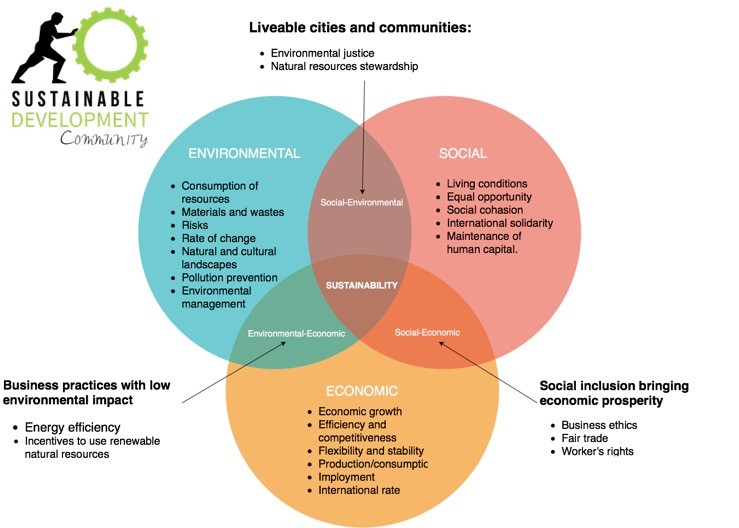Login
Signup
Our Main Focuses to Help Children
OUR FOCUS
- Home -
- Our Focus
Our Goals | Sustainable Development Community e. V.
At Sustainable Development Community e. V. we are committed to help advance multiple sustainable development goals (SDGs), also known as the global goals by dedicating our actions to create sustainable means to empower vulnerable populations in rural communities worldwide, improving their food and nutrition situation, access to education and medication on a long term, strengthening their position within their communities.

NO POVERTY
We pledge to “spare no effort to free our fellow men, women and children from the abject and dehumanizing conditions of extreme poverty”.
ZERO HUNGER
We pledge to “End hunger, achieve food security and improved nutrition and promote sustainable agriculture”
GOOD HEALTH AND WELL-BEING
We pledge to “Ensure healthy lives and promote well-being for all at all ages”
QUALITY EDUCATION
We pledge to “Ensure inclusive and equitable quality education and promote lifelong learning opportunities for all.“
GENDER EQUALITY
We pledge to “Achieve gender equality and empower all women and girls
CLEAN WATER & SANITATION
We pledge to “Ensure availability and sustainable management of water and sanitation for all”
AFFORDABLE AND CLEAN ENERGY
We pledge to “Ensure access to affordable, reliable, sustainable and modern energy for all
SUSTAINABLE CITIES AND COMMUNITIES
We pledge to “Make cities and human settlements inclusive, safe, resilient and sustainable“
CLIMATE ACTION
We pledge to “Take urgent action to combat climate change and its impacts”
We pledge to “Promote peaceful and inclusive societies for sustainable development, provide access to justice for all and build effective, accountable and inclusive institutions at all levels“
„Education is the key to empowerment and sustainability, Education is a right which is the key to the rest of the rights of life in society. Education is the key to social justice.“
Our Concept of Sustainable Development:
The concept of sustainable development means providing a balance between economic, social and environmental requirements in order to secure “meeting the needs of the existing generation without endangering the ability of the future generations to meet their own needs”.
For us at Sustainable Development Community e. V. sustainability means the continuation of project activities and sustenance of project outcomes after the initial/primary grant expires.

In order for us to deliver positive outcome in the absence of primary funding, we consider the following aspects of sustainability:
- Financial sustainability: It refers to ensuring a steady flow of funds and generating revenue for maintaining and continuing the organizations work.
- Institutional Sustainability/Organizational: It refers to ensuring proper working of our organization and institutions that were developed as part of the project.
- Programmatic Sustainability: It means to continue the organizations projects and programme in the absence of donor support.
The Three Pillars of Sustainability:
In 2005, the World Summit on Social Development identified three core areas that contribute to the philosophy and social science of sustainable development. The Brundtland Commission described it as “development that meets the needs of the present without compromising the ability of future generations to meet their own needs”. We must consider the future then, in making our decisions about the present.
Economic Development:
This is the issue that proves the most problematic as most people disagree on political ideology what is and is not economically sound, and how it will affect businesses and by extension, jobs and employability. It is also about providing incentives for businesses and other organisations to adhere to sustainability guidelines beyond their normal legislative requirements. Also, to encourage and foster incentives for the average person to do their bit where and when they can; one person can rarely achieve much, but taken as a group, effects in some areas are cumulative. The supply and demand market is consumerist in nature and modern life requires a lot of resources every single day; for the sake of the environment, getting what we consume under control is the paramount issue. Economic development is about giving people what they want without compromising quality of life, especially in the developing world, and reducing the financial burden and “red tape” of doing the right thing.
Social Development
There are many facets to this pillar. Most importantly is awareness of and legislation protection of the health of people from pollution and other harmful activities of business and other organisations. It is also about maintaining access to basic resources without compromising the quality of life.

Environmental Protection:
We all know what we need to do to protect the environment, whether that is recycling, reducing our power consumption by switching electronic devices off rather than using standby, by walking short journeys instead of taking the bus. Businesses are regulated to prevent pollution and to keep their own carbon emissions low. There are incentives to installing renewable power sources in our homes and businesses. Environmental protection is the third pillar and to many, the primary concern of the future of humanity. It defines how we should study and protect ecosystems, air quality, integrity and sustainability of our resources and focusing on the elements that place stress on the environment. It also concerns how technology will drive our greener future; the EPA recognized that developing technology and biotechnology is key to this sustainability, and protecting the environment of the future from potential damage that technological advances could potentially bring.
